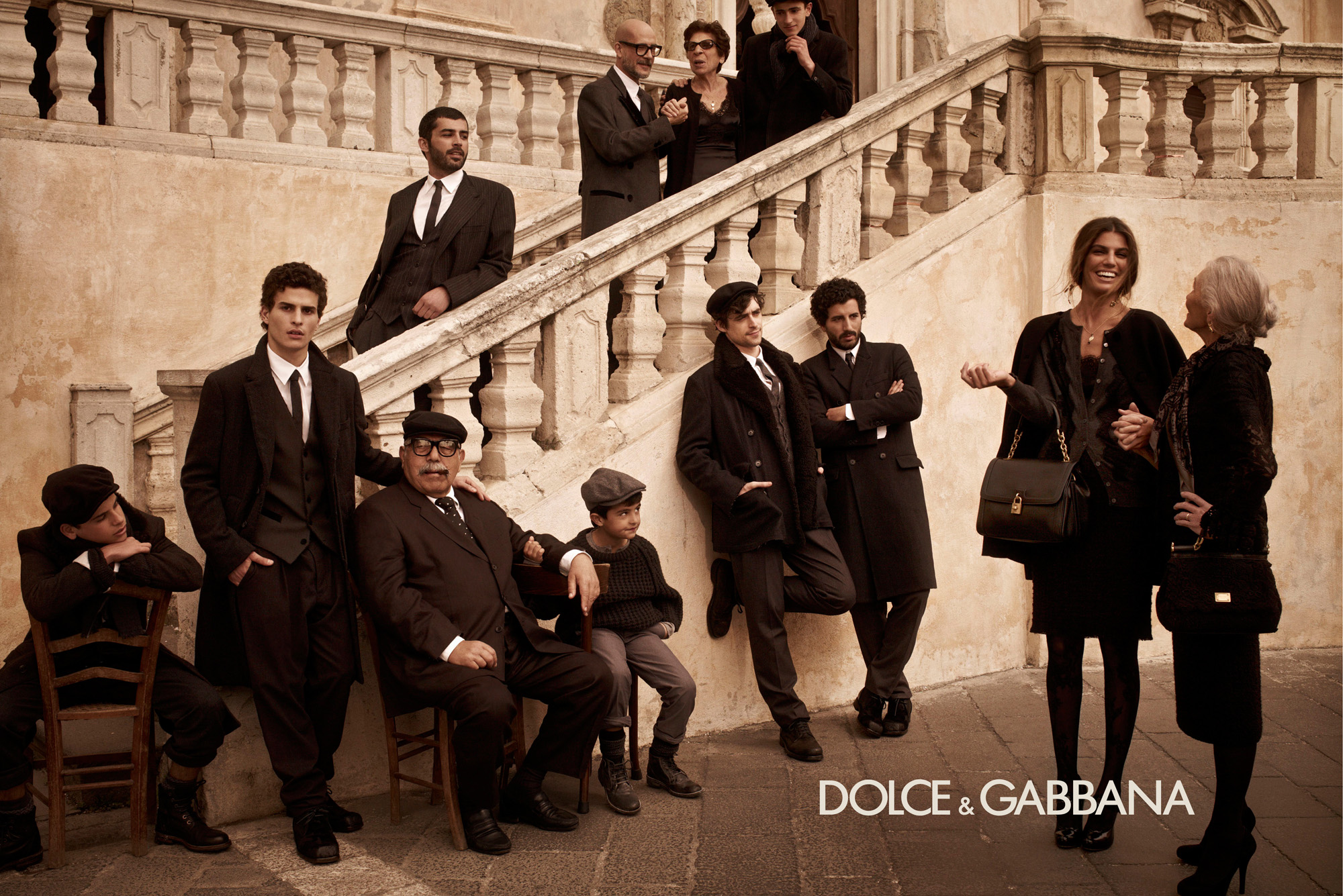
A divided Supreme Court further advanced the cause of LGBTQ rights Monday, ruling that a landmark civil rights law barring sex discrimination in the workplace applies to gay, lesbian and transgender workers.
The decision was written by Associate Justice Neil Gorsuch, President Donald Trump’s first nominee to the court. He was joined by Chief Justice John Roberts and the court’s four liberal justices. Associate Justices Samuel Alito, Clarence Thomas and Brett Kavanaugh dissented.
“An employer who fires an individual for being homosexual or transgender fires that person for traits or actions it would not have questioned in members of a different sex,” Gorsuch wrote.
“Congress adopted broad language making it illegal for an employer to rely on an employee’s sex when deciding to fire that employee. We do not hesitate to recognize today a necessary consequence of that legislative choice: An employer who fires an individual merely for being gay or transgender defies the law.”
The ruling came in three cases, involving two gay men and a transgender woman, from Georgia, New York and Michigan. The cases, heard in early October, are among the most significant on the court’s docket this term.
The challenges from the fired workers picked up where the same-sex marriage battle left off in 2015, when the court ruled 5-4 that states cannot bar gay men or lesbians from matrimony. What was different this time was the court itself: The author of four major opinions expanding gay rights, retired Associate Justice Anthony Kennedy, has been succeeded by the more conservative Associate Justice Brett Kavanaugh.
The three plaintiffs were Gerald Bostock, a former child welfare services coordinator from Georgia; Donald Zarda, a former New York skydiving instructor who died at 44 in 2014 but was represented by his sister and former partner; and Aimee Stephens, a former funeral home worker from Michigan who is transgender, and who died March 12.
At issue: the text of a 1964 civil rights law barring employment discrimination based on sex, and whether that term should be understood to include sexual orientation and gender identity.
Lawyers for the two gay workers said they were fired for dating men, while female employees were not. Lawyers for their employers said they were treated the same as if they were female employees who dated women.
Twenty-eight states have little or no workplace protections for the LGBT community. About 4.5% of the U.S. population, or roughly 11 million people, identify as lesbian, gay, bisexual, transgender or queer; 88% of them are employed.
“The Supreme Court’s clarification that it’s unlawful to fire people because they’re LGBTQ is the result of decades of advocates fighting for our rights,” exclaimed James Esseks of the American Civil Liberties Union, which represented Zarda and Stephens. “The court has caught up to the majority of our country, which already knows that discriminating against LGBTQ people is both unfair and against the law.”
Alito, writing more than 100 pages in dissent for himself and Thomas, accused the court’s majority of writing legislation, not law.
“The question in these cases is not whether discrimination because of sexual orientation or gender identity should be outlawed,” Alito said. “The question is whether Congress did that in 1964. It indisputably did not.”
Writing separately, Kavanaugh said simply: “We are judges, not members of Congress.”
“Instead of a hard-earned victory won through the democratic process, today’s victory is brought about by judicial dictate – judges latching on to a novel form of living literalism to rewrite ordinary meaning and remake American law,” he wrote. “Under the Constitution and laws of the United States, this court is the wrong body to change American law in that way.”
Federal appeals courts have been split on the question since 2017, when the U.S. Court of Appeals for the 7th Circuit became the first to rule that gay men and lesbians should be covered by the decades-old federal civil rights law.
The U.S. Court of Appeals for the 2nd Circuit ruled for Zarda in 2018, but the 11th Circuit, based in Atlanta, ruled against Bostock. The 6th Circuit, based in Cincinnati, ruled for Stephens.
Congress has debated the issue for decades but “repeatedly declined to pass bills adding sexual orientation to the list of protected traits” under the law, the Justice Department told the justices. The Democratic-controlled House passed the Equality Act last year, but the Republican-controlled Senate has not considered it.
Carrie Severino, president of the conservative Judicial Crisis Network, denounced Gorsuch’s ruling in strikingly personal terms.
“Justice (Antonin) Scalia would be disappointed that his successor has bungled textualism so badly today, for the sake of appealing to college campuses and editorial boards,” she said. “This is an ominous sign for anyone concerned about the future of representative democracy.”

You can check out the latest casting calls and Entertainment News by clicking: Click Here
Click the logo below to go to the Home Page of the Website
Click the logo below to follow ETInside on Twitter
Click the logo below to follow ETInside on Facebook
Click the logo below to follow ETInside on Instagram
Click the logo below to follow ETInside on Pinterest
Click the logo below to follow ETInside on Medium









